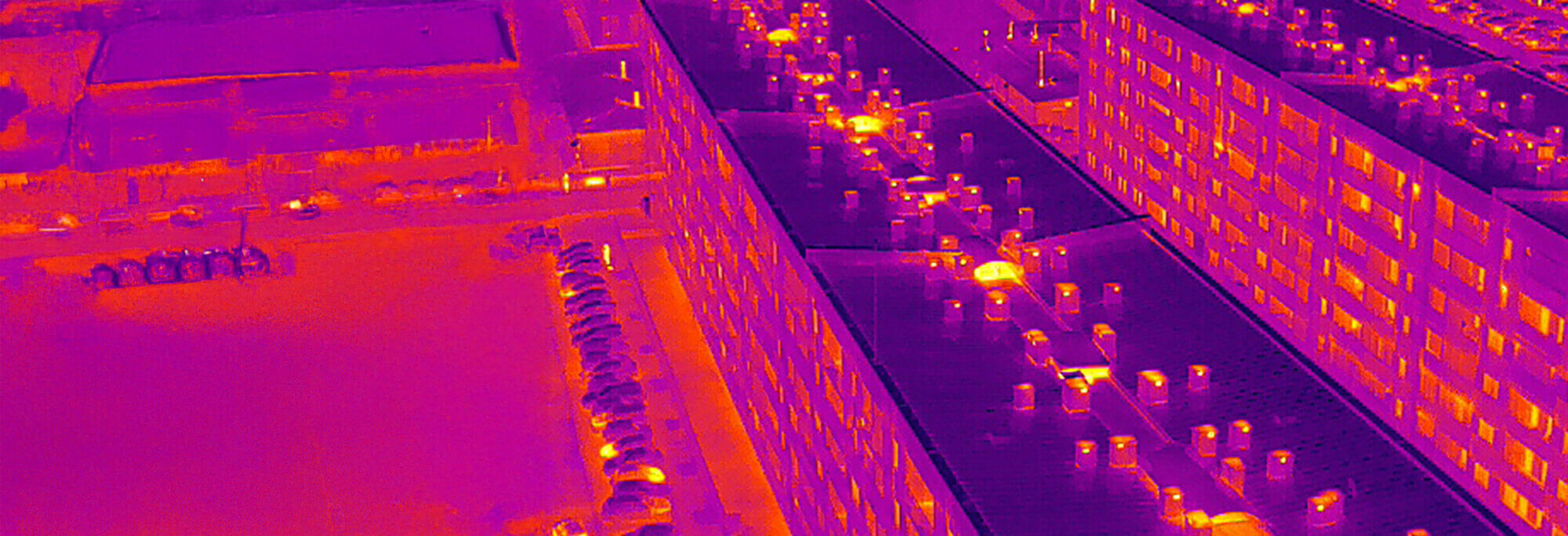Commercial Roof Inspections in Ohio
A thorough commercial roof inspection can save you thousands by identifying issues before they escalate. Diamond Roofing Systems uses advanced infrared technology to detect hidden moisture and vulnerabilities. Schedule a free commercial roof inspection today to protect your investment.


